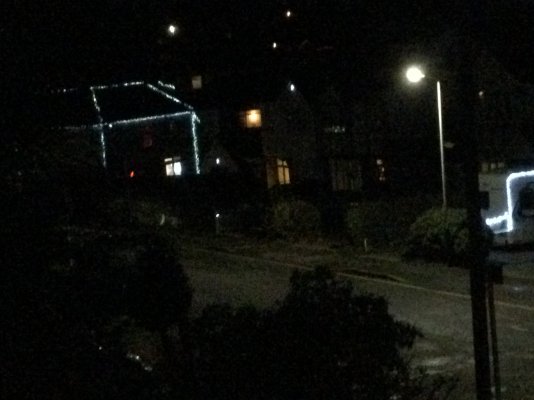The House Was Charming, but Came With a Catch: A Murder Took Place There
In Yorktown, Va., a charming, gambrel-roofed house drew James Fiorito’s attention this summer. He had just sold his home and sought a fixer-upper—this one, listed at $250,000, seemed like a steal in a neighborhood where such a home would typically draw $450,000. He toured the dingy interior with a flashlight, since it no longer had electricity. In the backyard, a backhoe sat by the recently filled-in pool.
Fiorito [was] puzzled over the home’s decrepit status and why the seller was the nonprofit Habitat for Humanity. He asked one of the listing agents about the home’s circumstances and was told the previous owner had been a hoarder. Fiorito made an all-cash offer of $225,000.
Later, he couldn’t resist googling the address. He learned that a man had killed his mother and sister in the home and stored their bodies in the empty backyard pool.
He decided to withdraw his offer. “I think it’s the proximity to evil and the reminder that there are terrible things in the world,” he says of the decision.
The home eventually sold for $285,100
In three states, rules guide disclosures about deaths that have taken place in a home for sale. In California, any death that took place in the home within the last three years must be disclosed to a potential buyer, and if a buyer specifically asks, any known death, no matter how old, must be disclosed. In South Dakota, real-estate licensees who are aware of a murder or suicide on the property must disclose if it occurred within one year of the first showing to the buyer. And in Alaska, sellers of residential real property must disclose a murder or suicide that occurred on the property within the last three years.
Kyle Lancour, the agent who represented the eventual buyer of the property, said he didn’t know about the murders at the time of the sale, and neither did his client, an investor.
“I don’t think it makes that much of a difference for this particular buyer,” says Lancour. “We buy drug houses, fire houses and places where bad things happened, and we turn them into something beautiful and livable. We bring them back to life again.” And in fact, since this interview, the home sold again in September for $491,000, according to Lancour. He says the buyer was made aware of the murders before going into contract, although an official disclosure wasn’t made.
https://www.wsj.com/real-estate/luxury-homes/selling-a-murder-house-3efa4db4
maximus otter


